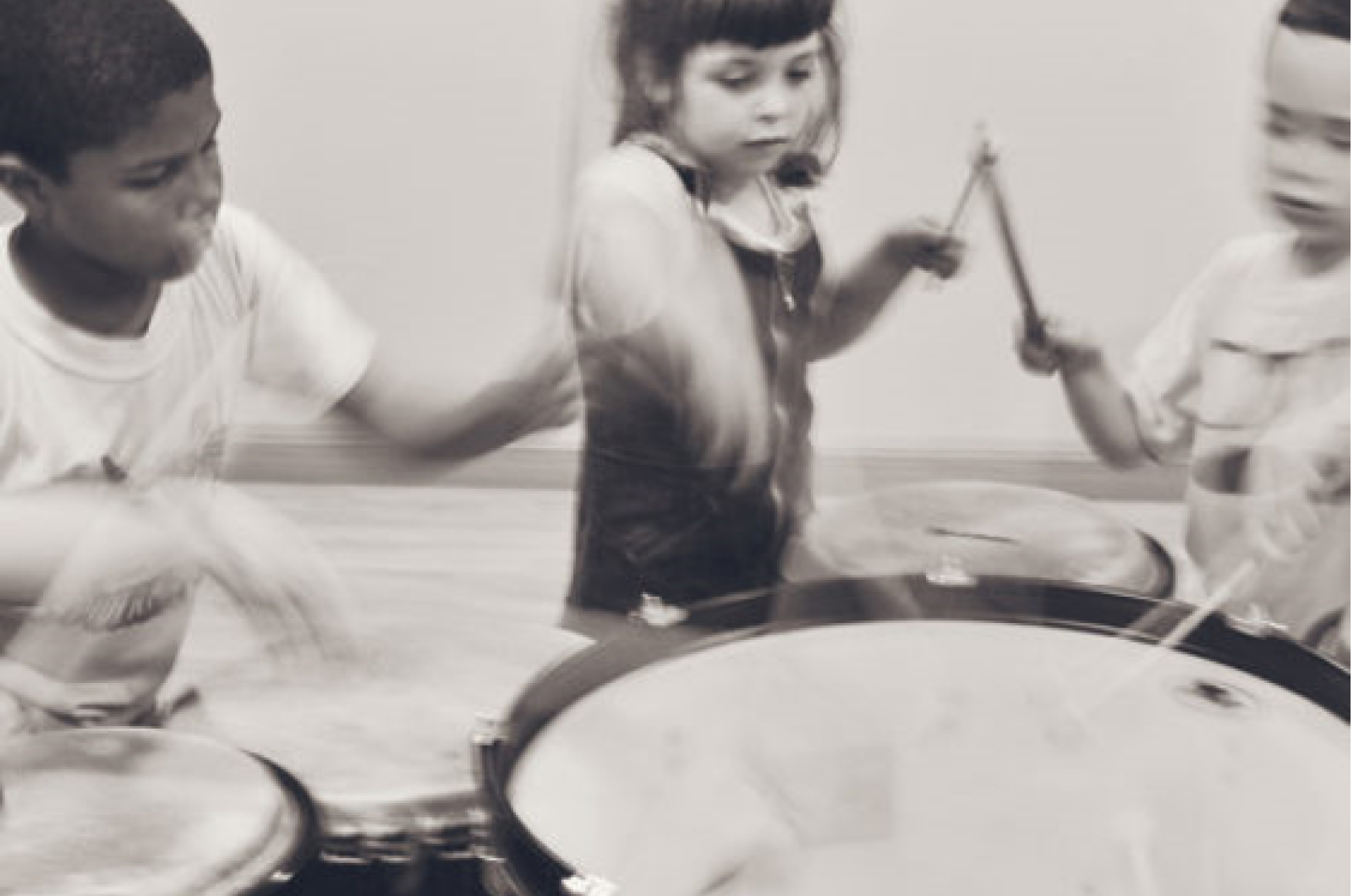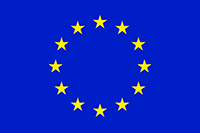Xamfrà
L'Arc Taller de Música is an entity that was born in 1967, with the aim to contribute to the integral education of people in music and performing arts. The aim of L'Arc has always been to put arts at the service of education for all people, understanding this practice from the perspective of cultural rights and artistic practice as a tool for educational and social equity.
In 2004 Xamfrà was born, a socio-educational centre that uses the arts to guarantee the right of access to cultural and artistic practice for all citizens, according to the objectives of the Fundació L’ARC. These objectives revolve around principles of equality/equity, recognition of diversity, positive interaction, diverse participation and feelings of belonging. Since 2014, Xamfrà has been dedicated to the promotion of social inclusion through music, dance and performing arts.
The mission of the centre is to guarantee the universal right to artistic practice. In the context where it is located - the Raval neighbourhood - this acquires a lot of relevance, because, in general, the fact of being able to develop artistic skills or simply having a space for rehearsals or artistic practice have economic costs that citizens cannot always afford.
The methodology of Xamfrà is based on individualized attention, generating several processes of decision-making and participation among the students, always under the umbrella of the objectives of the centre. The work with students is flexible and adapted to the relational and content level. At Xamfrà, educators use a particular pedagogical methodology, called “invisible pedagogy”.
Main results and impacts produced by the initiative on the selected MESOC crossover themes
- Generation of opportunities of participation.
- Wellbeing of participants.
- Participation in collective artistic experiences.
- Collective social reflection.
- Creation of spaces for not segregated participation (inclusion).
- Model for other experiences.
- Xamfrà is for everyone, although it is especially interested in mobilizing and making participate collectives at risk of exclusion/with less opportunities.
Elements that contributed to the generation of these impacts
Contextual and exogenous conditions:
During these 16 years, Xamfrà has received recognition from different public administrations and foundations. In different political periods, Xamfrà had more or less echo, but has always kept going on. Thanks to the sensitivity of policy makers, Xamfrà achieved the cession of the venue.
The networking at all levels is a fundamental element, as well as adaptability to every moment without loosing the principles that are the foundations of our purpose.
Resources:
Xamfrà has diversified and keeps diversifying its sources of financing. Decent working conditions of people who work at Xamfrà is an inescapable premise that implies a high commitment with the community and demands a constant search for resources, trying to secure the maximum for the sake of sustainability.
The project has a diversified financing: in terms of revenues, Xamfrà counts on its own resources, grants from public administration (City of Barcelona and Catalonia Region) and private resources.
Human resources
The management of Xamfrà is coordinated by a team of 5 people. The total team at Xamfrà is composed of 24 professionals (11 men and 13 women). The professional team is also diverse in terms of gender, origin, and cultural background.
Financing
Xamfrà diversifies the economic resources, knowing that they cannot rely on only one source of financing:
- Own resources 41,55%
- Contributions from public sources 33,45%
- Contributions from private sources 25%
Typology of programme:
Xamfrà reivindicates the universal right to artistic practice and works proactively for social and cultural mobilization of people and different collectives. Its persevering and constant action has become a reference for other public and private initiatives that work in the arts, culture and social inclusion. Xamfrà is based on a permeable model, this means there is an effort to listen to participants and develop workshops that meet their needs.


